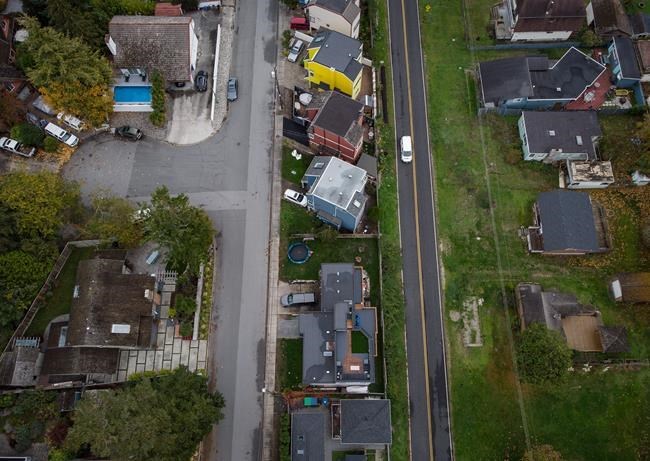Many Canadians are itching to travel overseas — or at least over the U.S. border — after 20 months stuck inside the country amid COVID-19 health measures and travel restrictions.
With the U.S. land border reopening to Canadians this Monday, here are some answers to a few key questions:
If I test positive for COVID-19 before heading back to Canada, what happens?
Anyone looking to enter Canada must present a PCR test taken 72 hours or less before the pre-scheduled plane departure or arrival at a border crossing.
For Canadian residents travelling by land or water, re-entry into the country is permitted with a positive test. However, border guards will ask about a plan to self-quarantine for 14 days, and may refer travellers to public health officials for further steps.
Mandatory spells at quarantine hotels for anyone entering Canada ended in August, but virtually any overland traveller who tests positive for COVID-19 — or any unvaccinated Canadian — and has no place to stay that would meet self-isolation standards could be bound for a quarantine facility for at least eight days.
The trip from the border crossing to the hotel is paid for by Ottawa, but guests will be on the hook for travel from the facility to their home, which could be hours away, according to the federal government.
And if I'm an air traveller who tests positive?
A negative test result is required to enter Canada by plane.
Travel insurance typically won't cover the trip interruption either.
"In fact, you're going to need an extension on your insurance, if that's even plausible. But what is going to cover the costs of a resort that you're staying at that could be hundreds of dollars a day?" said Marty Firestone, president of Travel Secure Inc., a Toronto-based company that specializes in travel insurance.
Some insurance policies have provisions that cover up to $150 a day for an individual or $300 for a family that has to quarantine, he added.
Does travel insurance cover the cost of a U.S. hospital stay?
Yes. While emergency medical coverage that includes COVID-19 was hard to come by in the early days of the pandemic, most travel insurers now include hospital costs tied to the disease.
Companies from Manulife Financial Corp. to the Canadian Association of Blue Cross offer coverage of up to $5 million for COVID-19-related medical expenses for patients who are fully vaccinated.
The cost of taking a COVID-19 test, which ranges from US$75 to US$300, is not typically reimbursed.
Provincial health insurance plans, such as OHIP in Ontario, generally cover no more than a fraction of any medical expenses incurred abroad, Firestone said.
The federal government "will not pay your medical bills," it states in a post that recommends purchasing travel insurance. "Foreign hospitals can be very expensive and may require immediate cash payment."
Travel insurance can be found at insurers' sites, banks, credit card companies or through licensed brokers. The Canadian Snowbird Association recommends a discounted plan for vaccinated voyagers via Medipac Travel Insurance.
This report by The Canadian Press was first published Nov. 5, 2021.
Companies in this story: (TSX:MFC)
The Canadian Press




